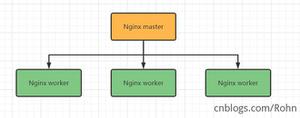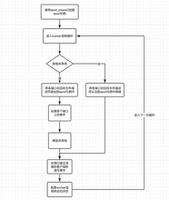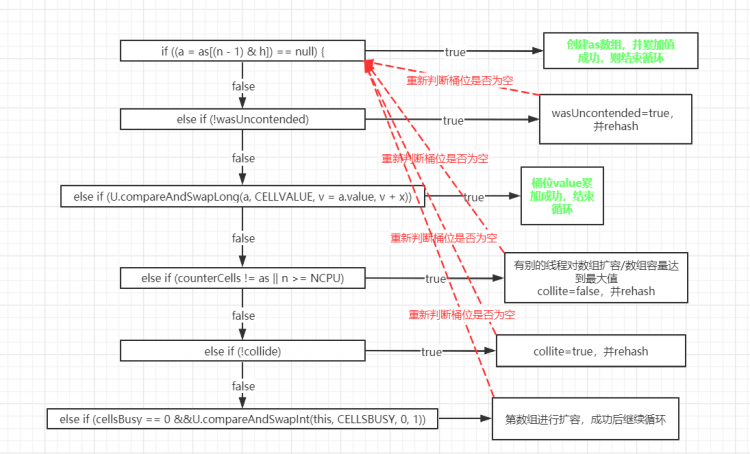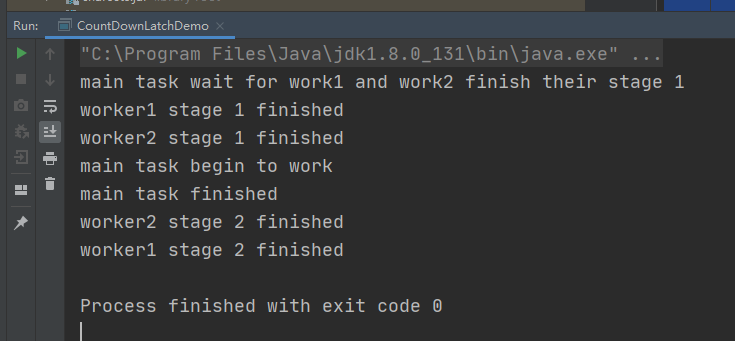petite-vue源码剖析-事件绑定`v-on`的工作原理
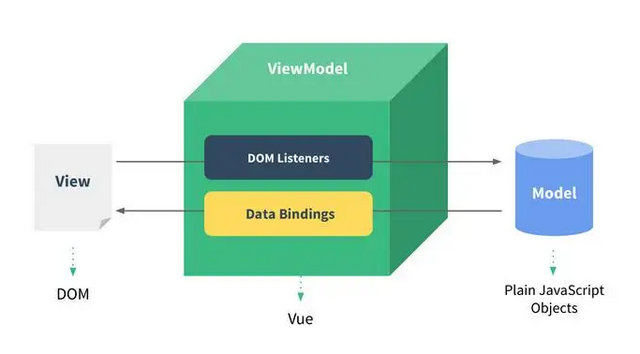
在书写petite-vue和Vue最舒服的莫过于通过@click绑定事件,而且在移除元素时框架会帮我们自动解除绑定。省去了过去通过jQuery的累赘。而事件绑定在petite-vue中就是一个指令(directive),和其他指令类似。
深入v-on的工作原理
walk方法在解析模板时会遍历元素的特性集合el.attributes,当属性名称name匹配v-on或@时,则将属性名称和属性值压入deferred队列的队尾,当当前元素所有属性绑定和v-modal处理后以及子元素所有属性绑定、v-modal和事件绑定处理后再处理。
那问题来了,为什么要将事件绑定放到最后处理呢?
//文件 ./src/on.tsconst systemModifiers = ['ctrl', 'shift', 'alt', 'meta']
const modifiersGuards: Record<
string,
(e: Event, modifiers: Record<string, true>) => void | boolean
> = {
stop: e => e.stopPropagation(),
prevent: e => e.preventDefault(),
self: e => e.target !== e.currentTarget,
ctrl: e => !(e as KeyedEvent).ctrlKey,
shift: e => !(e as KeyedEvent).shiftKey,
alt: e => !(e as KeyedEvent).altKey,
meta: e => !(e as KeyedEvent).metaKey,
left: e => 'button' in e && (e as MouseEvent).button !== 0,
middle: e => 'button' in e && (e as MouseEvent).button !== 1,
right: e => 'button' in e && (e as MouseEvent).button !== 2,
/* @click.alt.shift 将分别匹配alt和shift两个modifiers guards,当此时按alt+shift+ctrl时,两个modifiers guards均通过。
* 而@click.alt.shift.exact 将分别匹配alt、shift和exact,当此时按alt+shift+ctrl时,前面两个modifiers guards均通过,但最后的exact guard将返回true,不执行事件回调函数。
*/
exact: (e, modifiers) =>
systemModifiers.some(m => (e as any)[`${m}Key`] && !modifiers[m])
}
export const on: Directive({ el, get, exp, arg, modifiers }) => {
let handler = simplePathRE.test(exp)
? get(`(e => ${exp}(e)`)
: get(`($event => { ${exp} })`)
if (arg === 'vue:mounted') {
// 假如绑定的是生命周期函数mounted,但由于当前元素早已添加到DOM树上,因此将函数压入micro queue执行
nextTick(handler)
return
}
else if (arg === 'vue:unmounted') {
// 假如绑定的是生命周期函数unmounted,则返回cleanup函数
return () => handler()
}
if (modifiers) {
// 如果存在modifiers,则对事件绑定进行增强
if (arg === 'click') {
// @click.right 对应的DOM事件是contextmenu
if (modifiers.right) arg = 'contextmenu'
// @click.middle 对应的DOM事件是mouseup
if (modifiers.middle) arg = 'mouseup'
}
const raw = hanlder
handler = (e: Event) => {
if ('key' in e && !(hyphenate((e as KeyboardEvent).key) in modifiers)) {
/* 如果为键盘事件,键不在没有在modifiers中指定则不执行事件回调函数
* key值为a、b、CapsLock等,hyphenate将CapsLock转换为caps-lock
*/
return
}
for (const key in modifiers) {
// 执行modifiers对应的逻辑,若返回true则不执行事件回调函数
const guard = modiferGuards[key]
if (guard && guard(e, modifiers)) {
return
}
return raw(e)
}
}
}
// 居然没有返回cleanup函数??大家可以去贡献代码了哈哈
listen(el, arg, handler, modifers)
}
//文件 ./src/utils.tsexport const listen = (
el: Element,
event: string,
handler: any,
opotions?: any
) => {
el.addEventListener(event, handler, options)
}
总结
现在我们已经了解了v-bind和v-on的工作原理,后面我们一起看看v-modal吧!
以上是 petite-vue源码剖析-事件绑定`v-on`的工作原理 的全部内容, 来源链接: utcz.com/z/380923.html

